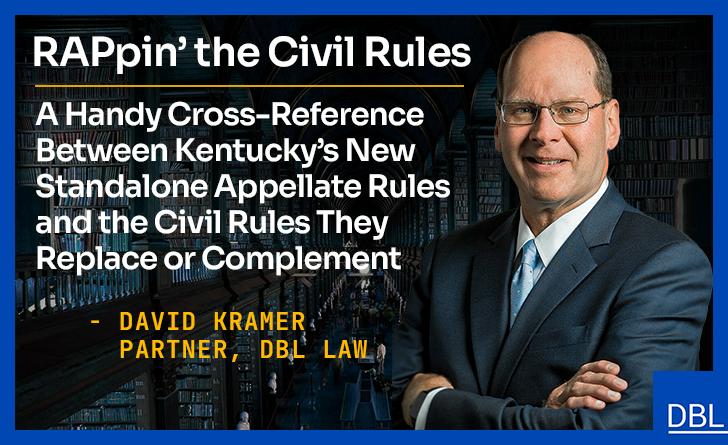The Supreme Court of Kentucky recently held that anti-assignment clauses in various settlement agreements in a Workers’ Compensation claim precluded an injured worker’s assignment of his periodic payments for a deeply discounted lump sum, and that the Kentucky Structured Settlement Protection Act (“KSSPA,” KRS 454.430 through 454.435) does not apply to Workers’ Compensation claim settlements.
In the recent case of American General Life Ins. Co. v. DRB Capital, LLC, 2017-SC-329 (rendered December 13, 2018), the Supreme Court considered whether a claimant’s assignment of the right to future payments under a settlement agreement in a Workers’ Compensation claim was permissible under the KSSPA. The claimant had settled with his employer’s insurance carrier and agreed that the carrier could make a qualified assignment of its obligation to another carrier, which funded its future obligation by purchasing an annuity. The settlement agreement, the qualified assignment and the annuity policy all contained anti-assignment clauses. Upon a challenge by the annuity issuer and its subsidiary that was obligated to make the future payments, the circuit court approved the assignment under the KSSPA based on a finding that the assignment was necessary for the claimant “to avoid imminent financial hardship,” and the Court of Appeals affirmed the circuit court.
Justice Hughes, writing for a unanimous Court, reversed, holding that the KSSPA’s authorization of qualified assignments of future periodic settlement payments is limited to tort claims, and that a Workers’ Compensation claim is not a tort claim.
The American General case is not yet final but was designated for publication in the South Western Reporter. Decisions that are not final should not be cited as legal authority in Kentucky.
David Kramer is a Partner in the law firm of Dressman Benzinger LaVelle psc, with offices in Cincinnati, Ohio, Crestview Hills, Kentucky, and Louisville, Kentucky.



